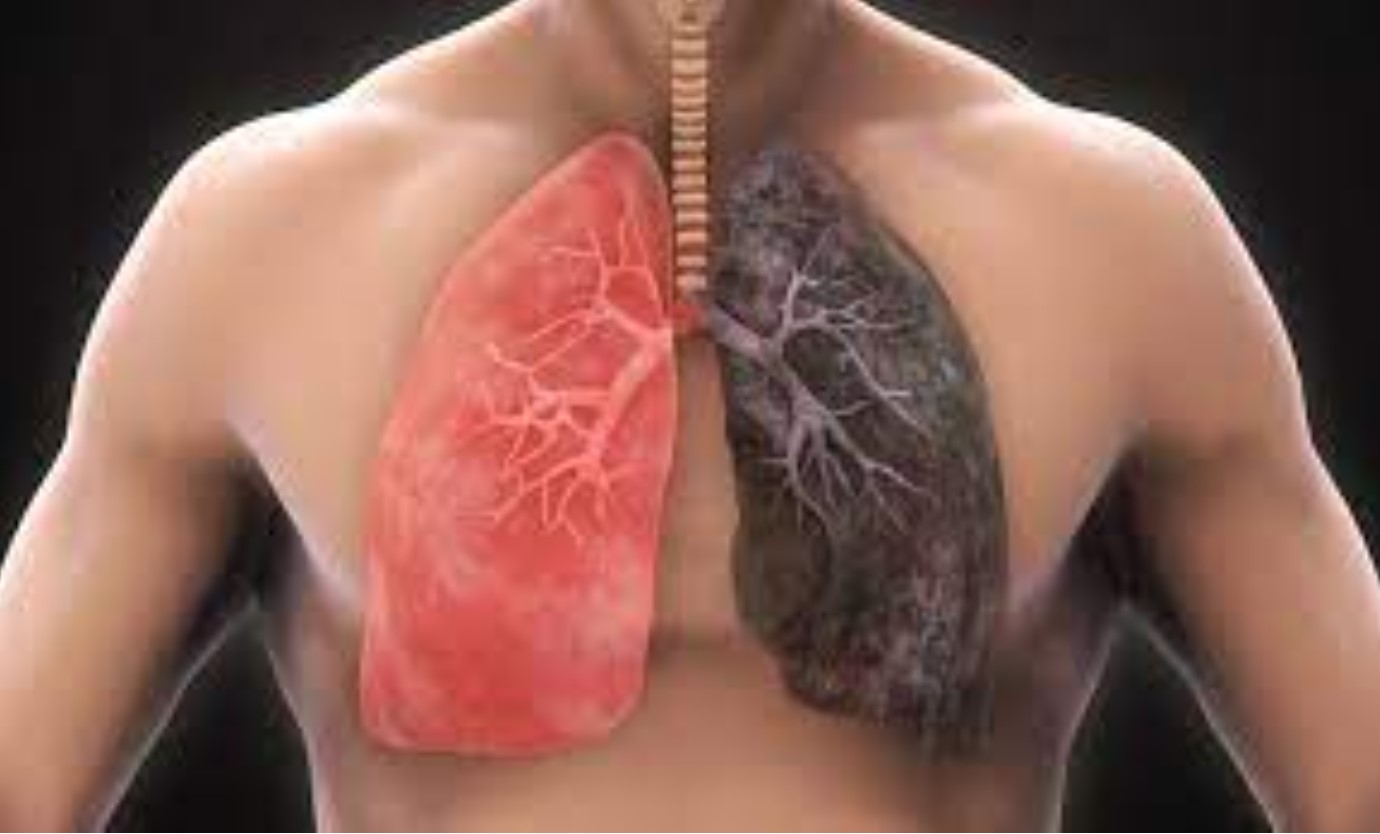The lungs are one of the most vital organs in the human body. They play a crucial role in the respiratory system, allowing us to breathe in oxygen and expel carbon dioxide. However, various factors, such as smoking, environmental pollution, occupational hazards, and certain medical conditions, can cause damage to the lungs, leading to respiratory issues and impaired lung function.
If you or someone you know is suffering from lung damage, it’s essential to understand the available treatment options. In this article, we’ll explore various treatments that can help repair damaged lungs and improve respiratory health.
1. Quitting Smoking
If you’re a smoker, quitting smoking is the single most important step you can take to halt further lung damage and potentially allow your lungs to heal. Smoking is the leading cause of lung diseases, including chronic obstructive pulmonary disease (COPD), lung cancer, and emphysema.
When you quit smoking, your lungs begin to repair themselves almost immediately. Within a few months, your lung function can improve, and you may experience reduced coughing, wheezing, and shortness of breath. Over time, quitting smoking can significantly lower your risk of developing lung-related diseases and improve your overall quality of life.
2. Pulmonary Rehabilitation
Pulmonary rehabilitation is a comprehensive program that combines exercise training, education, and support to help individuals with lung diseases manage their symptoms and improve their overall health. This treatment option is often recommended for people with COPD, pulmonary fibrosis, and other chronic lung conditions.
During pulmonary rehabilitation, patients work with a team of healthcare professionals, including respiratory therapists, physical therapists, and nurses. They learn breathing techniques, exercise strategies, and lifestyle modifications to improve their lung function and reduce the impact of their condition on daily activities.
3. Oxygen Therapy
For individuals with severe lung damage or low oxygen levels in the blood, oxygen therapy may be prescribed. This treatment involves delivering supplemental oxygen through a nasal cannula, face mask, or portable oxygen concentrator.
Oxygen therapy can help alleviate symptoms such as shortness of breath, fatigue, and dizziness, and it can improve overall lung function and quality of life for those with lung diseases like COPD, pulmonary fibrosis, and cystic fibrosis.
4. Bronchodilators and Inhaled Steroids
Bronchodilators and inhaled steroids are commonly prescribed medications for individuals with lung diseases like asthma, COPD, and bronchiectasis. These medications can help open up the airways, reduce inflammation, and improve breathing.
Bronchodilators work by relaxing the muscles around the airways, allowing them to widen and improve airflow. Inhaled steroids, on the other hand, help reduce inflammation in the lungs, making it easier to breathe.
5. Lung Volume Reduction Surgery (LVRS)
For some individuals with severe emphysema, a surgical procedure called lung volume reduction surgery (LVRS) may be recommended. This surgery involves removing damaged or non-functional portions of the lungs, allowing the remaining healthy lung tissue to function more efficiently.
LVRS can improve lung function, increase exercise capacity, and enhance overall quality of life for eligible patients. However, it’s a major surgery with potential risks and complications, so it’s crucial to discuss the risks and benefits with a qualified healthcare provider. READ FULL STORY HERE>>>CLICK HERE TO CONTINUE READING>>>
6. Lung Transplantation
In cases of severe and irreversible lung damage, a lung transplant may be the only viable treatment option. A lung transplant involves replacing one or both diseased lungs with healthy lungs from a donor.
Lung transplantation is a major surgical procedure that carries significant risks, including rejection of the donated lungs and potential life-threatening complications. However, for individuals with end-stage lung diseases like cystic fibrosis, pulmonary fibrosis, or severe COPD, a successful lung transplant can significantly improve their quality of life and extend their life expectancy.
7. Stem Cell Therapy
Stem cell therapy is an emerging treatment option that shows promise in repairing and regenerating damaged lung tissue. Stem cells have the ability to differentiate into various types of cells, including lung cells, and they can potentially replace damaged or diseased cells in the lungs.
This therapy involves introducing stem cells into the body, either through intravenous injection or direct delivery to the lungs. The stem cells can then migrate to the damaged areas and potentially stimulate the growth of new, healthy lung tissue.
While stem cell therapy for lung diseases is still in the experimental stages, early research has shown promising results in improving lung function and reducing symptoms in patients with conditions like COPD and pulmonary fibrosis.

8. Lifestyle Modifications
In addition to medical treatments, making lifestyle modifications can play a crucial role in managing lung damage and improving overall respiratory health. These modifications may include:
a) Avoiding exposure to environmental pollutants, such as secondhand smoke, air pollution, and occupational hazards.
b) Maintaining a healthy diet rich in fruits, vegetables, and lean proteins to support overall health and lung function.
c) Engaging in regular exercise, as recommended by a healthcare professional, to improve cardiovascular fitness and strengthen the respiratory muscles.
d) Managing stress through techniques like meditation, yoga, or deep breathing exercises, as stress can exacerbate respiratory symptoms.
e) Staying hydrated by drinking plenty of fluids, as proper hydration can help thin out mucus and improve lung function.
It’s important to note that the appropriate treatment approach for damaged lungs will depend on the underlying cause, severity, and individual circumstances. In some cases, a combination of treatments may be recommended for optimal results.
If you or a loved one is experiencing respiratory issues or has been diagnosed with a lung disease, it’s essential to consult with a qualified healthcare professional, such as a pulmonologist or respiratory therapist. They can perform a comprehensive evaluation, recommend appropriate diagnostic tests, and develop a personalized treatment plan to address your specific needs and improve your lung health.
Remember, early detection and treatment of lung damage can significantly improve outcomes and potentially prevent further deterioration of lung function. By taking proactive steps to protect your lungs and seeking appropriate medical care, you can enhance your overall quality of life and breathe easier.


 IN-THE-NEWS10 months ago
IN-THE-NEWS10 months ago
 IN-THE-NEWS11 months ago
IN-THE-NEWS11 months ago
 SPORTS11 months ago
SPORTS11 months ago
 METRO7 months ago
METRO7 months ago
 SPORTS10 months ago
SPORTS10 months ago
 SPORTS11 months ago
SPORTS11 months ago
 SPORTS11 months ago
SPORTS11 months ago
 IN-THE-NEWS7 months ago
IN-THE-NEWS7 months ago



